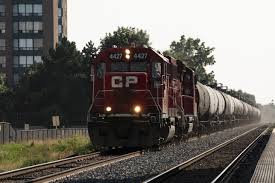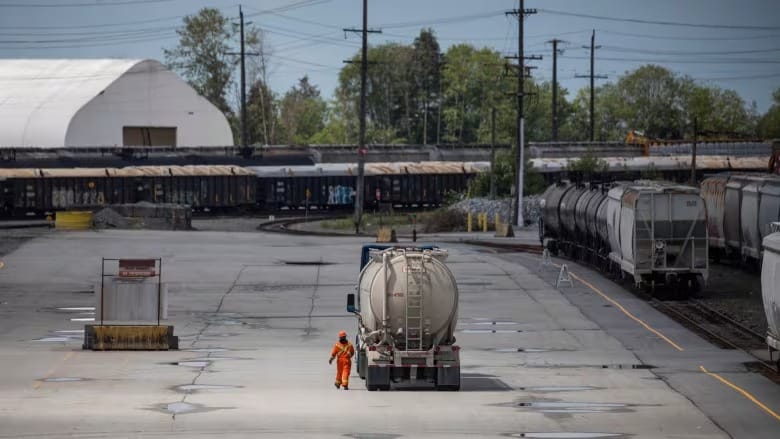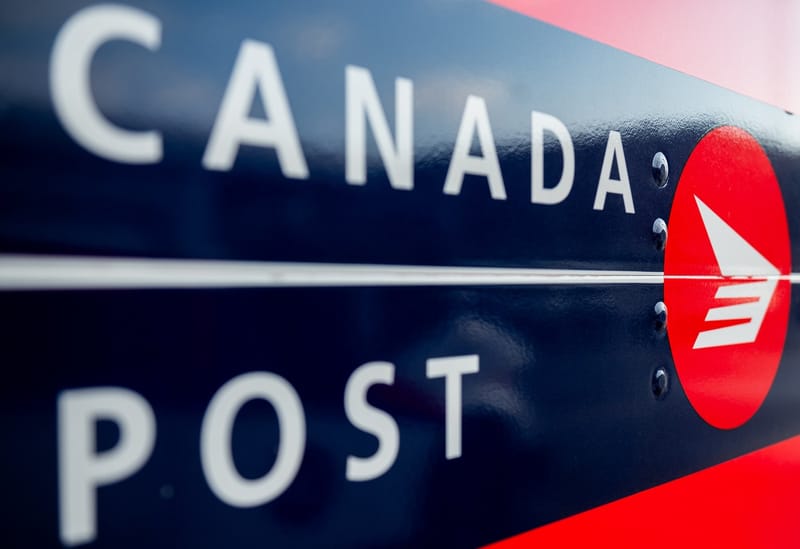Rail workers union launches legal challenge to binding arbitration order
In response to MacKinnon’s instructions, the Canada Industrial Relations Board ordered the country’s two major railways to resume operations and employees to return to their posts until binding arbitration could produce new contracts.

The union representing thousands of railroad workers has filed appeals against the actions that ended last week’s rail shutdown, which disrupted freight and commuter traffic nationwide.
In filings to the Federal Court of Appeal, the Teamsters union contested the orders for binding arbitration issued by federal Labour Minister Steven MacKinnon. These directives were given to a labor board less than a day after Canadian National Railway Co. (CN) and Canadian Pacific Kansas City Ltd. (CPKC) locked out 9,300 workers.
Following MacKinnon’s instructions, the Canada Industrial Relations Board mandated that the country’s two major railways resume operations and that employees return to work until binding arbitration could establish new contracts.
The union is challenging not only the government’s directive but also the tribunal’s decisions. Paul Boucher, president of the Teamsters Canada Rail Conference, argued that these actions set a "dangerous precedent" that threatens workers’ constitutional right to collective bargaining.
“Without it, unions lose leverage to negotiate better wages and safer working conditions for all Canadians,” Boucher stated in a news release.
Railway companies and some industry groups have defended the minister’s actions, saying they brought an end to months of uncertainty and supply chain disruptions after the Teamsters declined arbitration requests.
CN described arbitration as a neutral process designed to break a stalemate. “CN would have preferred a negotiated settlement,” said CN spokeswoman Ashley Michnowski in an email. However, she added, after nine months of negotiations, it was clear that the Teamsters were not seeking a resolution and were content to continue pressuring by harming the Canadian economy.
MacKinnon issued the back-to-work directive less than 17 hours after the lockouts—and a strike by CPKC employees, but not CN’s—began. He stated that negotiations had reached an impasse and that Canadian businesses, job security, and trade relationships were at risk.
Industry groups had warned for weeks about the economic consequences of a prolonged shutdown. To prevent freight from being stranded, CN and CPKC began phasing down their operations nearly three weeks ago. Last week, the transport of goods ranging from car parts to crude oil, consumer products, grain, and potash came to a complete halt, temporarily disrupting supply chains.
Additionally, more than 30,000 commuters in Montreal, Toronto, and Vancouver were unable to use passenger trains operating on CPKC-owned tracks.
The labor board’s ruling on August 24 requires railways to continue operations and workers to remain on the job until arbitration is completed.
The union filed four separate appeals late Thursday afternoon in a Toronto courthouse, seeking a judicial order to "quash" the minister’s directives and the labor tribunal’s decisions related to CN and CPKC.
The appeals argue that these decisions and orders were "ultra vires"—beyond the minister's legal authority. The court filing also claims that the directives and board decisions violated the union’s freedom of association, as protected by the Charter of Rights and Freedoms.
After weeks of intense conflict, the union and railway officials are scheduled to meet next month to discuss a timeline for binding arbitration.





